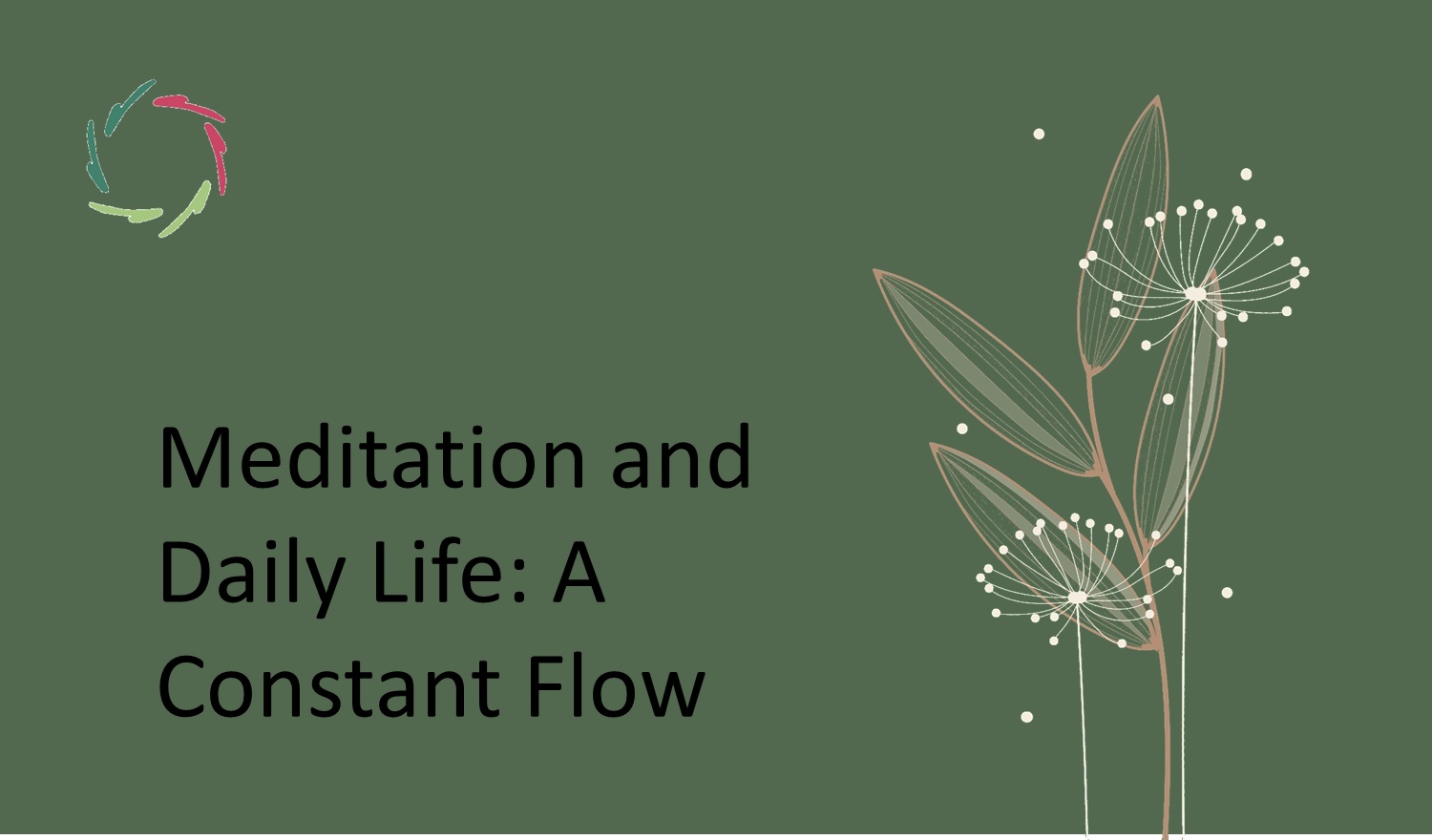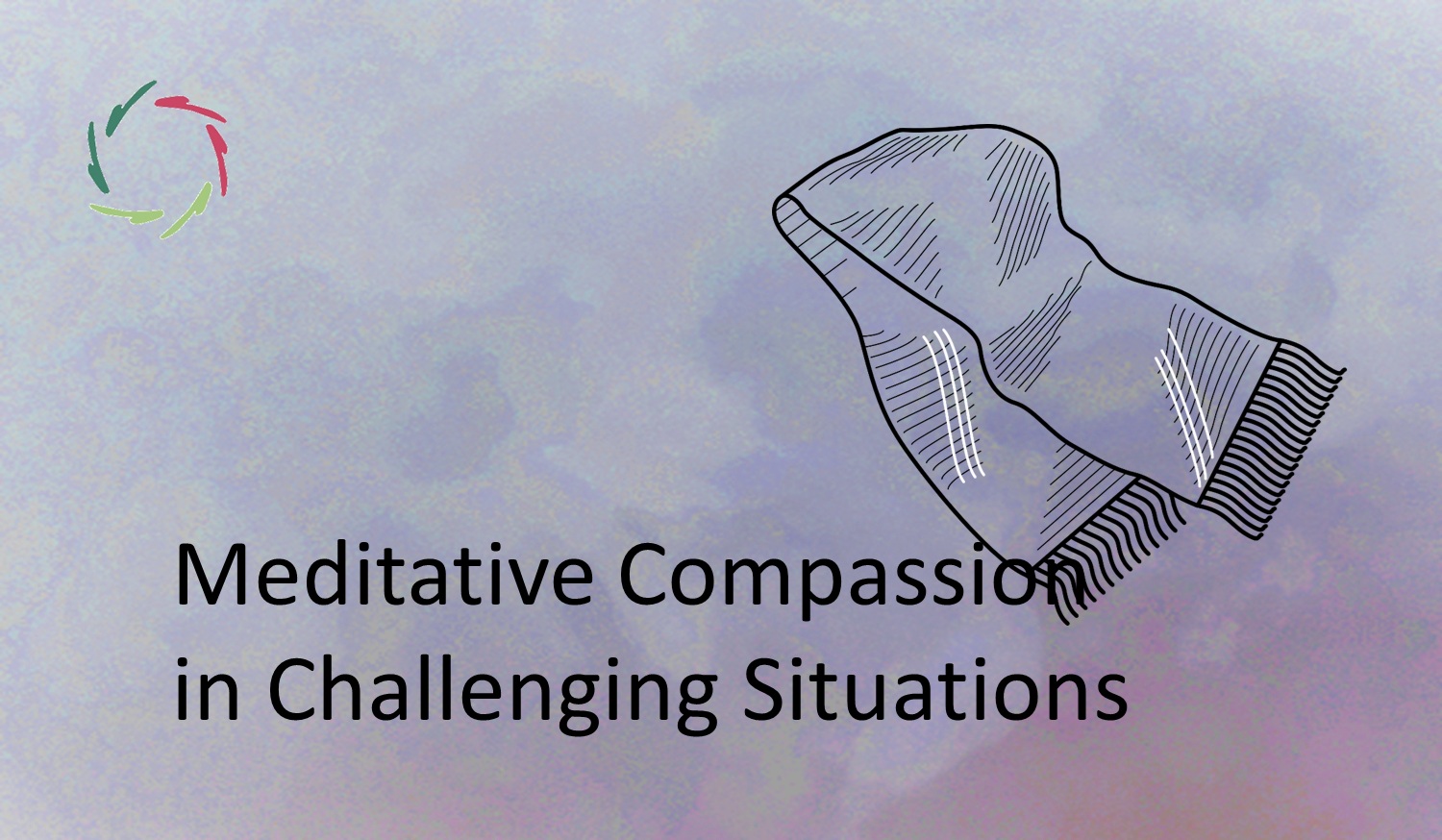Three Short Meditations: 3′ Empty Teacup

This is a short series of short meditations.
The best is to do the meditations in the following order, but only one at a time in the beginning. If one goes well, you can proceed to the next. If they all go well, you can do them in any order you like:
- Three Short Meditations: Focus
- Three Short Meditations: 3’ Empty Teacup
- Three Short Meditations: 3’ Contemplation
A ZEN STORY
A Zen master has a Westerner for a visit and offers him tea. The Westerner immediately subjects him to a series of questions and prejudices. The Zen master keeps pouring tea without saying a word, even when the teacup is already overflowing. The Westerner is surprised about this.
Explanation: If the teacup (the head of the Westerner) is full, nothing can be added anymore, and the tea (a possible understanding) is, unfortunately, being wasted.
The teacup that is empty time and again indicates returning to being’ empty,’ time and again. Not only is the teacup not overflowing, but it also is ‘empty’ time and again, as an invitation for new insights. This is a meditation that you can do for a few minutes in the creation of Openness.
―
The following instructions are ‘simple,’ yet you should not take them as ‘easy.’
- You let a thought or a feeling appear freely in your mind. Any thought or feeling is OKAY. You don’t need to enforce this. If no thought arises, that’s also perfect.
- Ask yourself: “Is this important? Is it a meaningful thought? Or is it a brooding thought, a feeling that I have already felt often? Does this help me?”
- If not important, then it is very likely a worrying thought. Give it a bit of your attention, and then you let go of the thought – you let it slip so it can ‘resolve as a cloud.’ This is easier right now BECAUSE you know it is unimportant and because you just paid attention to the thought (your deeper self). Releasing the thought, your head can again be empty for the next thought spontaneously coming to you in the same way.
- If important, you keep your focus upon this. Appreciate the thought by dwelling on it for a while.
This promotes an attitude of total non-aggression. If you do think the thought is important, it is easier to stay with it a little longer and then return to your empty teacup.


